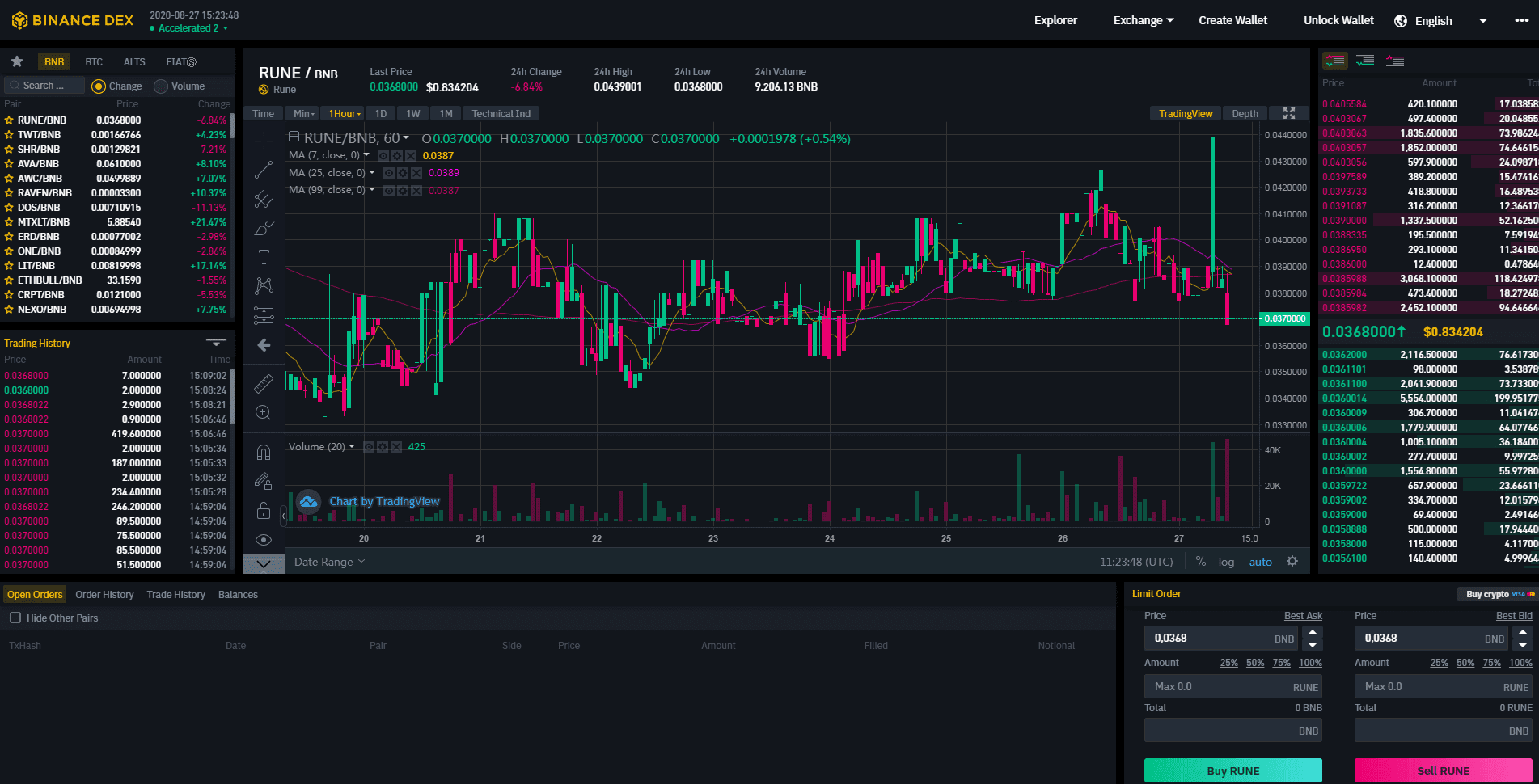Content
The analytical CRM tools are used for dealing with the back-office processes. Operational CRM is a tool that allows you to sync the processes and tasks. The management and teams can efficiently coordinate while using this tool. Overall, there are several different reasons why operational CRM is so critical to your business success.
By providing access to customer information to all employees, operational CRM boosts visibility across your business departments. Increased marketing capabilitiesIn the olden days, you’d have to lead all the marketing efforts yourself. You still need to involve yourself in mail distribution, offer designs, and so forth. Some meticulous tasks are actually carried out by the algorithm thanks to it. For instance, if the person buys a lot of products of the same kind, they’ll be given a lot of similar options, and you’ll only need to approve of this move. IntegrationIt’s more of a general CRM principle, but it’s extremely important for the Operational parts.
Company
The operational CRM helps you automate how you approach leads and potential customers. It lets you choose the most effective channel i.e., email, social media, phone call, SMS, etc. Your clients expect that they can switch from email to phone to chat without repeating themselves, but that’s difficult if you don’t have the right system in place. A collaborative CRM makes it possible to promote that seamless experience and improve client satisfaction with a friction-free interaction.
- We compared dozens of options to find the six best operational CRM providers based on features, cost, and ease of use.
- It will analyze your customer data to help you make informed decisions and create promotional campaigns tailored to your audience.
- Through the insights gained from customer interactions, the CRM can create an environment where your prospects are most likely to convert.
- This allows data from each system to always be in sync so users can complete tasks using one centralized system instead of going back and forth between screens.
- It’s like keeping all of your tools in a single, perfectly organized tool box that anyone can open to find what they need.
The actual interactions with customers such as contact, direct sales, direct mail, call centers, data aggregation systems, web sites and blogs etc. are examples of operational CRM. Each interaction with a customer can be collected to the client database generally known as ‘customer’s history’ and the information can later be used wherever necessary. It naturally eliminates the need to obtain this information individually from the customer. On the basis of the information, if required, the customer can easily be contacted at right time at the right place. It helps align the departments, allowing you to spend less time on labor and invest in areas of growth. A sales representative will spend more time closing deals, and a marketing team can get more work done in less time.
Examples of Sales Automation
Tasks between multiple teams can also be synced for the collection and effective organization of essential business data. It can help companies process day-to-day operations and provide effective customer service through the extracted data. Using a CRM to equip the customer service team helps them provide reliable, timely, and well-informed data. They will see that the consumer complained and what was addressed on such phone calls in the past. They will see whether the customer was having some problems, and they called technical support. Operational CRM is software that focuses on streamlining customer interactions with sales and marketing.
Although Pipedrive’s affordable tiers and optional add-ons allow you to pay for what you need, it doesn’t offer a free tier. If this is important to you, think about going with Freshsales for a free sales alternative or HubSpot CRM for robust free marketing and sales features. Learn more about likely buyers, and then start campaigns to attract similar buyers. Zendesk Explore is a reporting and analytics software in the broader Zendesk toolkit.
Advantages of Using an Operational CRM Software
Zoho offers extra features as add-on modules, which are priced atop CRM plans. This can shoot up usage costs quickly as you expand the scope of your app usage over time. Lack of individual email tracking and lead notifications can be an issue if long term, one-on-one engagement is key to your business. In turn, this means better productivity, less time spent on mundane parts of the job, and more sales. Improved user satisfaction and reputationUser satisfaction is in itself an excellent thing, even if it didn’t bring more money with it. Obviously, it means you get to sell more, but it also improves your standing in your business niche.

As these AI enhancements continue to evolve, CX will continue to improve—and in turn, customer expectations will continue to increase. Qualitative data can help you better understand your contacts’ intent, including search behaviors related to buying decisions. We’ve got lots more info to help you choose the best CRM for your business. Once you find a CRM that seems like a perfect fit for your business, take advantage of trials or demos.
Here we look at some of the more popular CRM tools, their features, and their distinct advantage. Located at one end of the spectrum are the giant multinationals with millions of customers and thousands of SKUs. On the other side are small business enterprises that have just started up and have limited needs. Because you can more quickly and efficiently respond to customer inquiries, customers are more likely to rate you higher than competitors and continue to do business with you. Therefore, while operational CRM works in the forefront, analytical CRM runs in the background.
Increase revenue
When a long-term relationship is the goal, collaboration between sales, marketing, and customer service is an important part of the equation. No matter at what stage your business is, the time will come when you realize a strong need for a good operational CRM. Assist employees in dealing with customers by providing just in time information on the company, policies, products, services etc. Starting with a general-purpose CRM platform or one built especially for student recruiting is a good starting step. Operational CRMs help streamline a company’s processes for customer relationships. They provide tools to better visualize and more efficiently handle the full customer journey—even when it includes a high number of touchpoints.

Its fundamental tools include omnichannel communication tools, appointment scheduling, lead management, automation workflows, and document management. We compared dozens of options to find the six best operational CRM providers based on features, cost, and ease of use. Therefore, automating messages to ask them for feedback on their knowledge to schedule phone calls in case they need help, among other possible actions, can really make a difference. You want your customers to experience your product and service and love it. Save time by focusing your sales efforts on leads who are more likely to buy.
Many CRM systems can integrate with other software, such as call center and enterprise resource planning systems. It also helps to automate processes, which in turn leads to a higher return on investment. A typical example of an operational CRM is the use of an interactive marketing platform in which sales people can collect and organize customer https://xcritical.com/ information. The system can also automate processes to streamline data and automate tasks, such as the creation of a website. Plus, you can integrate this platform with sales, marketing, and service departments for superior performance. A good operational CRM software offers powerful insights and metrics to help you fine-tune your workflow.
Once you know your prospects well enough, converting them into potential customers becomes easier than ever before. The CRM will help you bifurcate your customers into three main categories; viz. Customers who are going to invest in your product/services, the ones who are likely operational crm to invest, and those who may never consider your offerings. Analytical CRM can help you make informed decisions by analyzing data coming from various touchpoints. The data will help you understand where your business stands and what actions can be taken to drive it profitably.
Support and Service
Operational crm is a service that helps you determine what crm is best for your business. CRM software solutions you choose is the best option to maximize your sales volume and boost your business. Business reporting shows the company’s position on the market and its goods at a given time. On the other hand, Analytics studies the industry trends and recommends the products are likely to fit in with those trends. For example, if you run a small business, you can run a free account and see the value.
How does operational CRM work?
The creation and configuration process is quite simple, as well as working with ready-made templates. However, there are some filters and it is not so easy to understand which of them are better to address your concrete problem. Some customers generate more business, are more loyal, and are easier to serve than other customers. Data security is a primary concern for companies using cloud-based systems, as the company doesn’t physically control the storage and maintenance of its data.
The CRM strategy is constantly adapted on current conditions and customer requirements. CRM is a business strategy focused on generating the best value for your customers. Pharmaceutical companies were some of the first investors in sales force automation and some are on their third- or fourth-generation implementations. However, until recently, the deployments did not extend beyond SFA—limiting their scope and interest to Gartner analysts. Launched by SAP, this platform delivers marketing insights and streamlines critical business sales, customer service, and marketing processes across and beyond customer touchpoints. HubSpot CRM offers many features, such as lead management, customer service, and marketing automation.
Internally, it offers tools for exchanging information between departments, passing tasks, and sharing workloads. A fitting-for-the-purpose operational CRM software is an important, if not the core, tool for companies with growth potential and large-scale business processes. One of the most advantageous features of sales automation is minimized time to prepare sales reports. The CRM dashboard displays sales key performance indicators, so you can refer to tables, use convenient filtering options, and extract advanced data per every sales representative.
A Brief on Three Types of CRM: Operational, Analytical, Collaborative
Operationalcrm is a service that helps you determine what crm is best for your business.Operationalcrm is a service that helps you determine what crm is best for your business. Automation of processes helps implement best practices and cut down costs while driving revenue. Instead of analyzing each of those dimensions individually, OLAP tools enable that business to conduct an analysis on all of them simultaneously. OLAP solutions also let businesses see how customers in specific regions are interacting with their website over specific time frames.
It provides easy access to necessary customer details, which can be utilized to deliver personalized and meaningful engagement. Operational CRM tools function as a shared interface for your entire organization to work together seamlessly. This leads to easy sharing of business information, collaboration across departments, and enhanced customer experiences. This means fewer opportunities for information to be misrepresented or overlooked. Here are some of the benefits that companies notice when correctly using operational CRM tools. The difference between operational and analytical CRMs is in the purpose they serve and the features designed to fulfill them.
